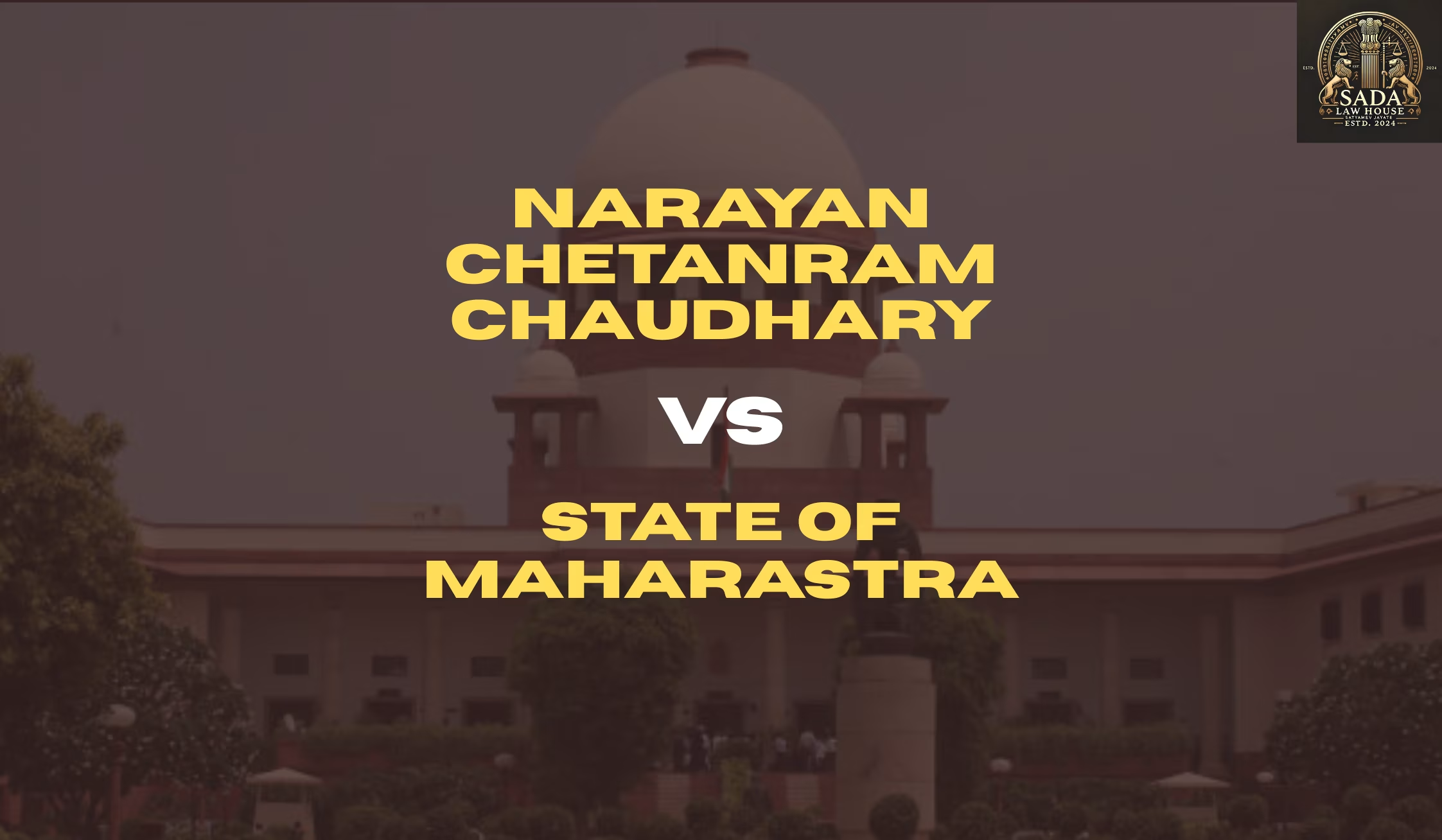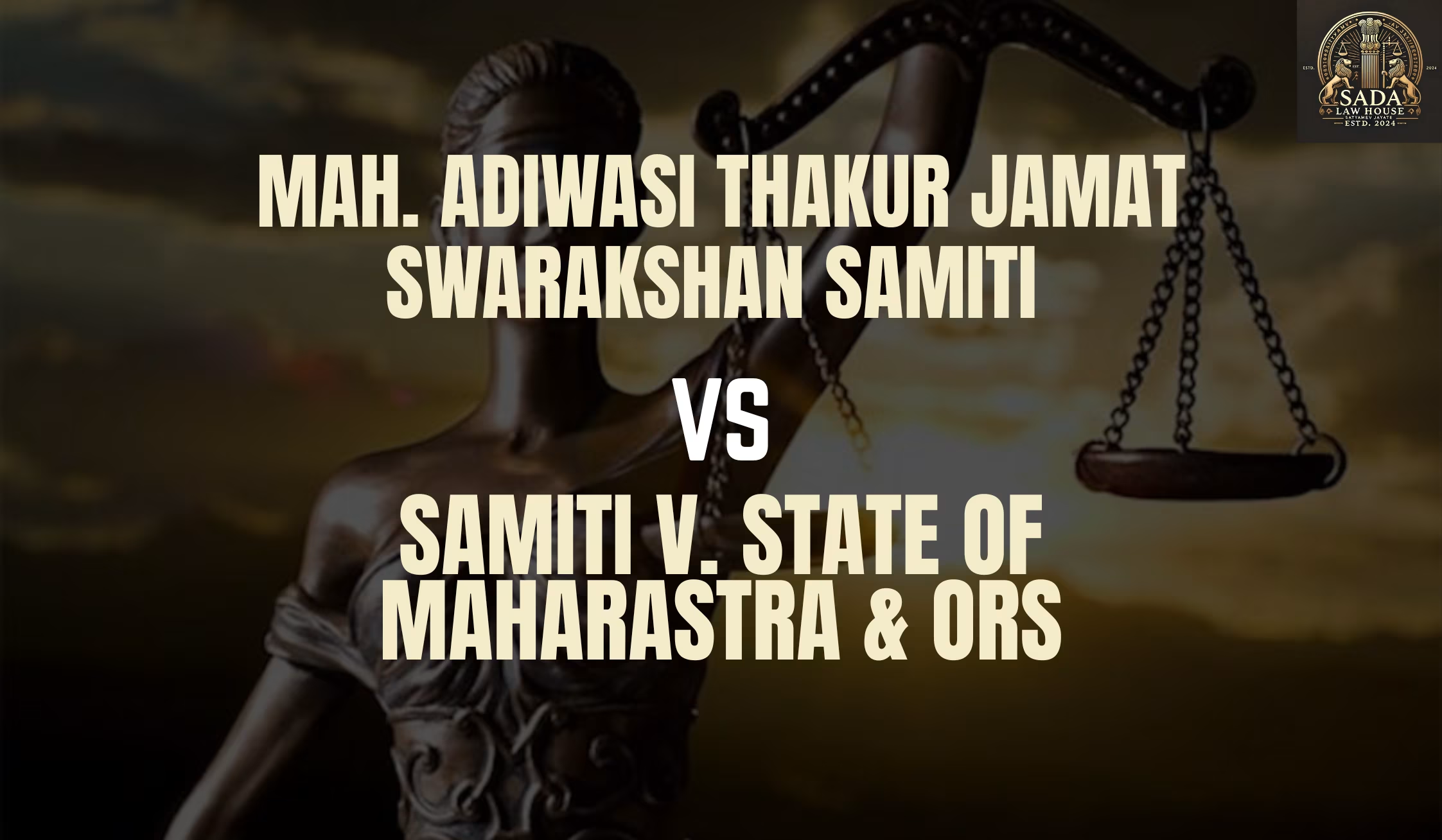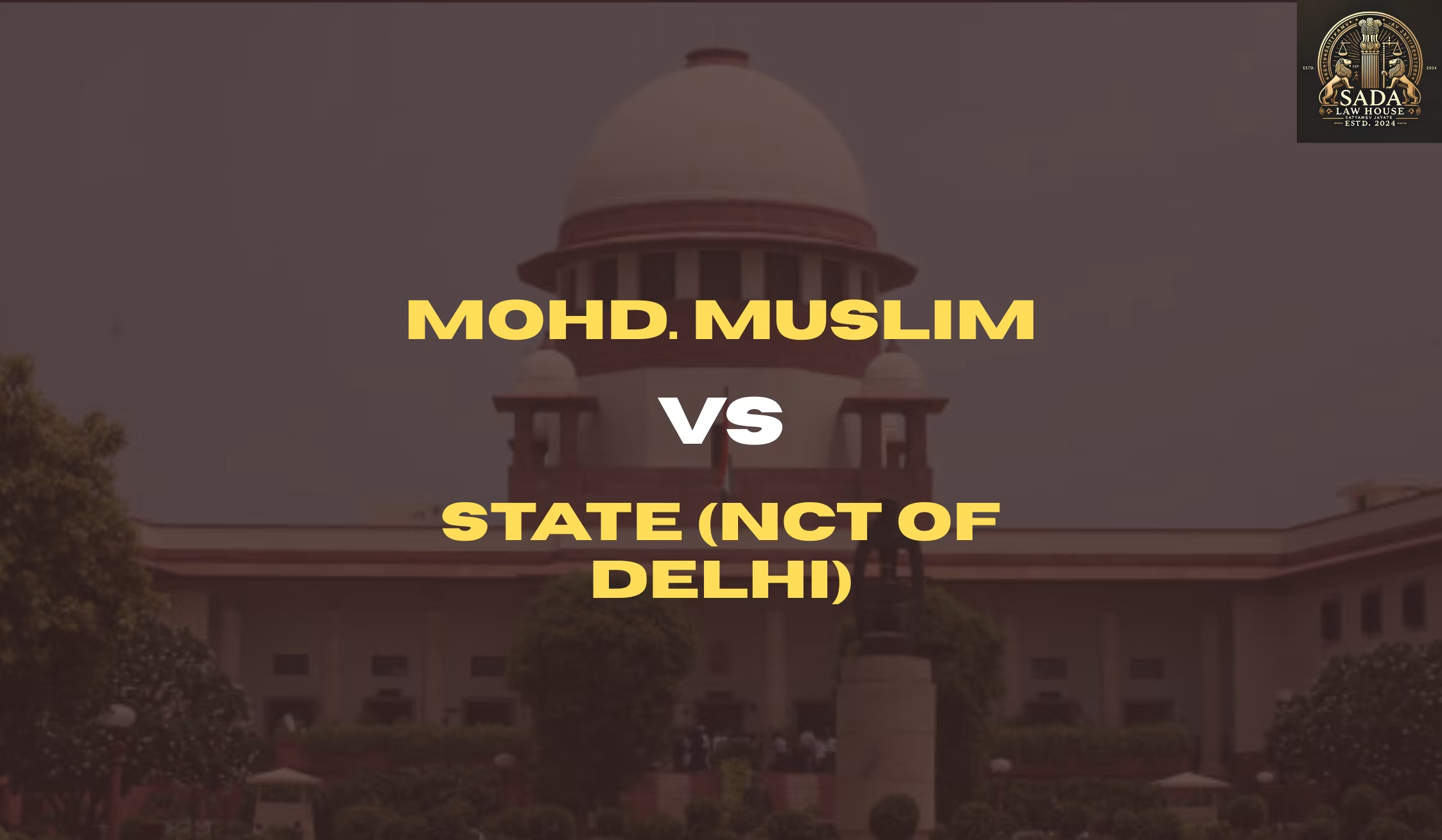Soldiers brave icy winds while we sip on hot cappuccinos: Delhi High Court slams denial of disability pension:
- NITU KUMARI
- 01 Apr 2025

Delhi High Court upholds disability pension order for two Army personnel
Court recalls former U.S. President John F. Kennedy’s ‘stirring words’ on patriotism that while ‘we sip our hot cappuccinos by the fireplace, soldiers are braving icy winds at the border’
Union Of India & Ors. Vs Ex Sub Gawas Anil Madso On 27 March, 2025
IN THE HIGH COURT OF DELHI AT NEW DELHI
W.P.(C) 3545/2025, CM APPLs. 16579/2025 & 16580/2025
UNION OF INDIA & ORS. …..Petitioners
Versus
EX SUB GAWAS ANIL MADSO …..Respondent
Date Of Judgment:- March 27, 2025
Case citation:- 2025:DHC:2021-08
Presiding judges:-
HON’BLE MR. JUSTICE C. HARI SHANKAR
HON’BLE MR. JUSTICE AJAY DIGPAUL
What is the case?
Gawas Anil Madso, who joined the Indian Army in 1985, was among those discharged from military service in 2015 after being diagnosed with Diabetes Mellitus (DM) Type II.
Hearing the two appeals moved by the Union of India against the grant of disability pension to two soldiers by the Armed Forces Tribunal (AFT), the court disagreed with the decision not to grant Gawas Anil Madso disability pension.
Earlier, the Release Medical Board (RMB) concluded that Gawas would suffer 20 per cent disability for life and added that he was not entitled to disability pension.
To this, the Delhi High Court bench disagreed. “The RMB Report is completely bereft of reasons, as to why, when the respondent (Madso) admittedly became a sufferer of DM 34 years after induction in service, the DM could be regarded as not attributable to military service,” Bar and Bench quoted the bench as saying.
Acknowledging a service rule that a health condition arising during military service cannot automatically be presumed to have been caused by such service, the bench mentioned that the soldier doesn’t have to prove the health condition is attributable to military service.
The bench, in its conclusion, stated that the army authorities have to show that the disease is not a result of military service.
“While we are not doctors, it is a matter of common knowledge that diabetes is a disease which can be caused, and exacerbated, by stressful living conditions. The fact that the onset of the disease might have been while the officer was on a peace posting cannot, therefore, be determinative of the issue of whether the disease was, or was not, attributable to military service. In such a case, the RMB has a greater responsibility to identify the cause of the disease, so that a clear case, dissociating the disease and its onset, from the military service of the claimant officer, is established,” the court observed.
Taking account of Madso’s case, the bench upheld the AFT’s decision to order the grant of disability pension to Madso.
There are those who are willing to sacrifice their all for their country. Can anything we give to these true sons of the motherland ever be too much?
Delhi High Court
“A non-speaking report, merely holding, without prelude or preface, that the disease, though it arose during the military service of the claimant, was not attributable to or aggravated by military service, cannot suffice to deny him disability pension,” the court said.
Justice Ajay Digpaul and Justice C. Hari Shankar’s bench noted that when a person enlists in the military, they run the risk of contracting an illness or becoming disabled.
“The bravest of soldiers is prone, given the conditions in which he serves the nation, to fall prey to bodily ailments which, at times, may be disabling in nature, rendering him unable to continue in military service. In such circumstances, the least that the nation can do, by way of recompense for the selfless service that the soldier has lent it, is to provide comfort and solace during the years that remain,” it added.
The Court clarified that this is the rationale behind the introduction of commendable measures for the payment of monetary benefits (such as disability pensions) to assist soldiers who suffer from illnesses or disabilities brought on by their military service. The Court also questioned if the selfless service rendered by soldiers can ever be truly compensated.
In which case was John F. Kennedy invoked by the Delhi High Court?
(John F. Kennedy said) “Ask not what your country can do for you; ask what you can do for your country.” There are those of us who eulogize and revere these words, but stop there. Then there are those who make it part of their lives, and are willing to sacrifice their all for their country – who, while we sip our hot cappuccinos by the fireplace, are braving icy winds at the border, willing to lay down their lives at a moment’s notice. Can anything, that the nation, and we as its citizens, give to these true sons of the motherland, ever be too much?” the Court remarked.
HC on Amin Chand’s plea
The court also ruled in favour of Amin Chand, who joined the army in 2005 and was due to retire in 2020. He was diagnosed with Peripheral Arterial Occlusive Disease in his right lower limb before his retirement. He was assessed to have a 20 per cent disability, added Bar and Bench.
He, too, was denied disability pension, and in the 27 March ruling, the court dismissed the Centre’s appeal against this verdict as well.
Case laws






